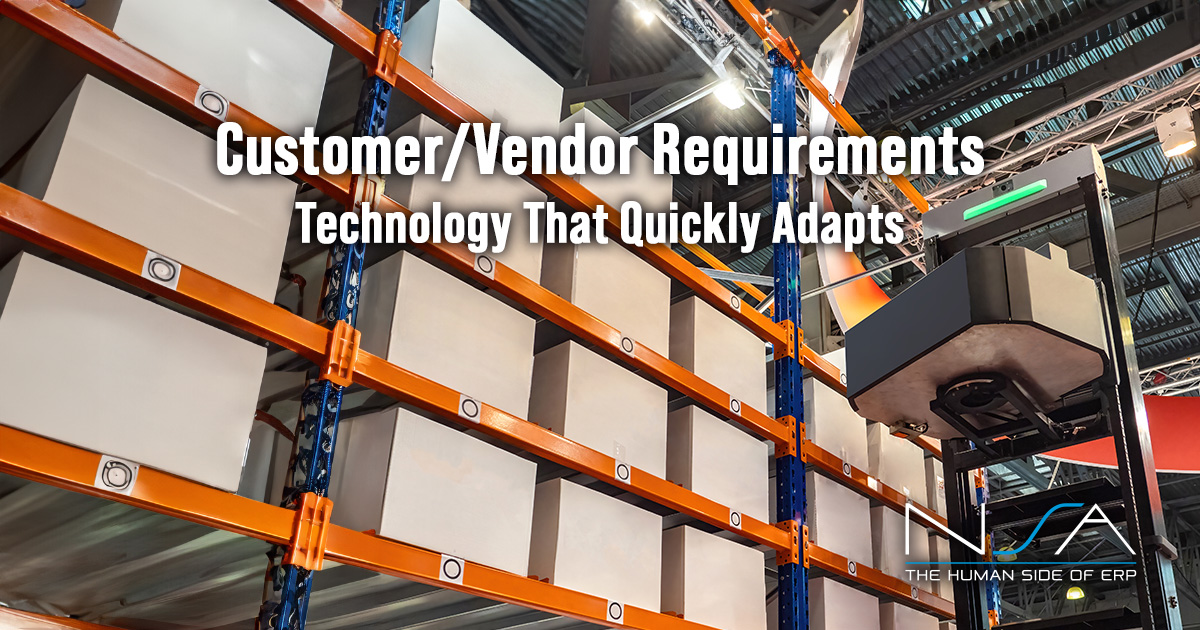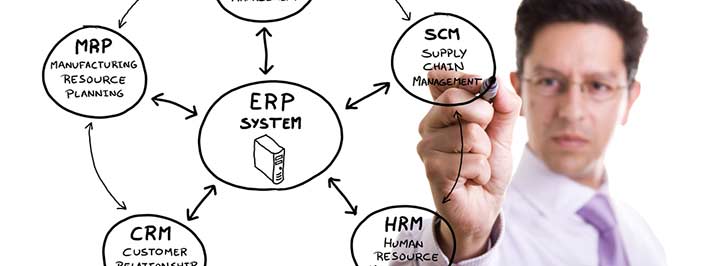Businesses that do not integrate their CRM and ERP software programs are at a disadvantage. While in the past there were no other options than to run the two programs separately, today it is essential to have a platform where they are integrated in order for businesses to run effectively and maximize productively. If you want your company to be successful now is the time to streamline your ERP and CRM software programs.
The Differences Between CRM and ERP Software
CRM (Customer Relationship Management) is software that businesses use to manage client data. Everything from customer information to sales and marking platforms are in the CRM. The CRM is essentially your software tool to build solid customer relationships. ERP (Enterprise Resource Planning) software programs provide the platform for internal business matters. This is the software you use to link your departments and for internal data storage. Your ERP contains vital information including human resource data, accounting information, payroll and purchasing data.
History of Integration Between ERP and CRM for Businesses
In the past, the ERP and the CRM were two separate entities and integrating them was difficult at best. In order for the two software programs to share data, IT support required the building of interfaces between the systems. Ensuring the two programs were in synch at all times was a challenge. Whenever one system went through updates, tweaks would need to be made so the ERP and CRM could still connect. Training employees was difficult and managing data was cumbersome. Today’s platforms, like Acumatica Cloud ERP solutions provided by NSA, now allow for the CRM and the ERP to be under the same software program so sharing data is no longer an issue.
Top Benefits When Businesses Integrate Their CRM and ERP
- The ability to share data easier and in a more timely matter.
- Data entry and storage is less likely to be duplicated.
- IT support is reduced. When there is just one system to maintain and there are no interfaces to build and no integration concerns your IT support will cost considerably less.
- There is less training and support required for your employees. Integration of CRM and ERP allows you to train on just one system. Refresher courses and updates are simple and easy to teach.
- Your company’s productivity is improved with integration. Products, services and marketing to clients are simpler and more efficient when all your data is streamlined.
- Your financial data and systems are now all in one place, leaving less room for accounting errors.
- Your Company’s departments will find it easier to work together. Streamlining of information makes it simpler to keep everyone on the same page.
- Customer satisfaction is improved with better marketing, products and services.
- Managers are able to easily check all operations with simple to navigate streamlined data.
- Profit margins are increased as overall productivity and sales go up.



